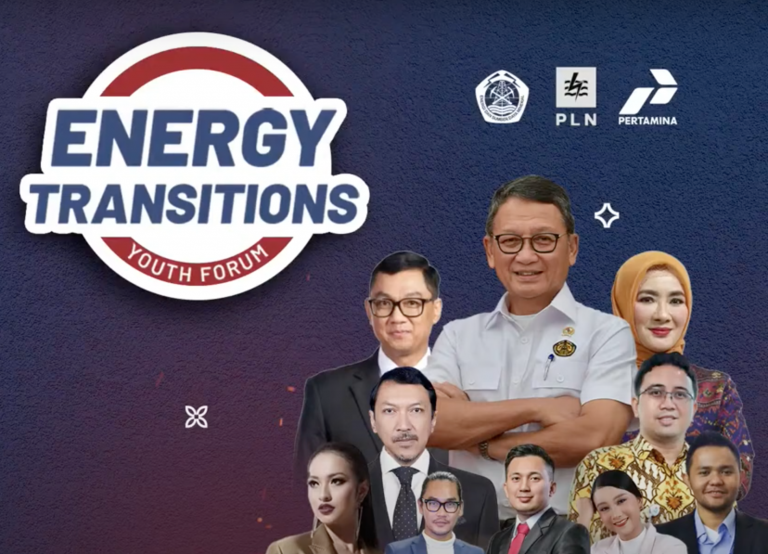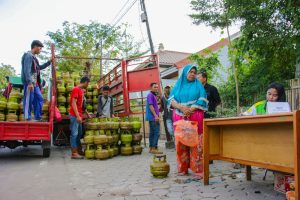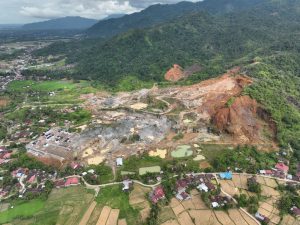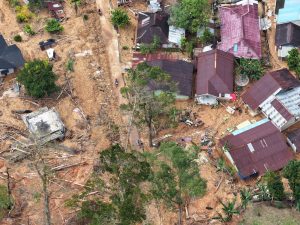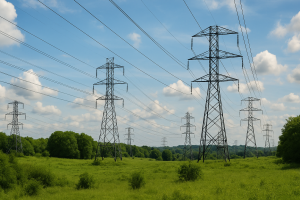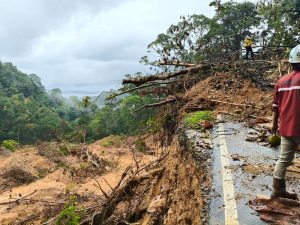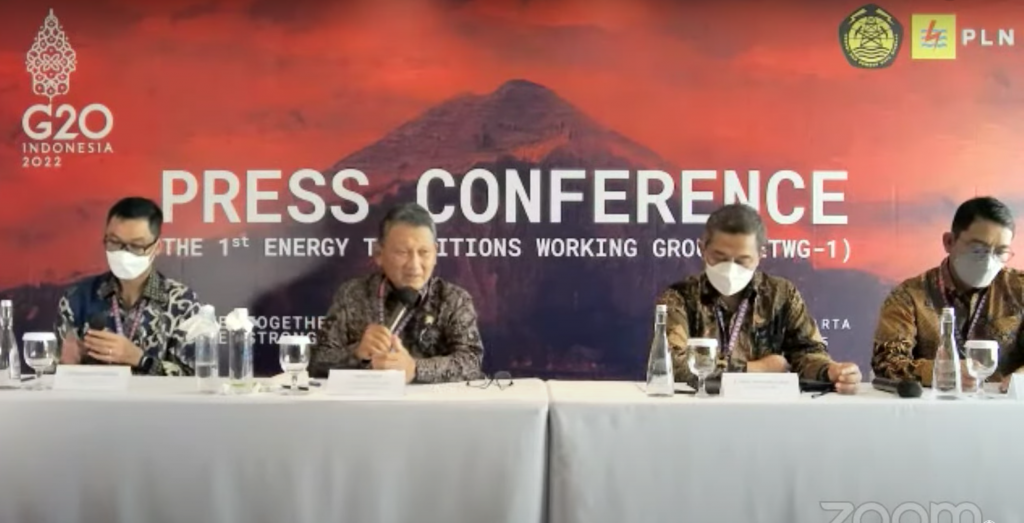
Minister of Energy and Mineral Resources (ESDM) Arifin Tasrif emphasized that energy transition by switching from the use of fossil energy to new and renewable energy is important for Indonesia to remain competitive and competitive in the future.
“If we don’t make the transition, our industry will be subject to a carbon tax which makes our products uncompetitive and results in factories having to close or they move abroad,” as quoted by Antaranews.com, Monday (28/3).
Indonesia is committed to achieving carbon neutrality by 2060.
“We must be able to make a program that this transition will provide benefits, not become a burden, but what must be seen with this transition is a potential for new economic growth,” said Arifin.
The involvement of the G20 countries, which as a whole represents 80% of the world economy, is expected to be a stimulus for the energy transition.
“I believe that the G20 countries have implemented energy transitions to achieve net zero emissions in accordance with the needs of each country according to the economic, social and energy situation as well as technological capabilities, from 2050 to 2070,” he said on the side of the G20 Energy Transitions Working Group 1st Session.
Civil society calls for banking to stop funding coal
On Friday (25/3) civil society groups held the Global Climate Strike, which is a demonstration by raising the issue of the climate crisis.
“The climate crisis has come faster than all forecasts. This is a real threat to the entire population of the earth,” said Firdaus Cahyadi, Indonesia Team Leader at 350.org, in a written release. According to him, all parties must support efforts to stop the use of coal energy, including banking.
In Indonesia, several banks are still funding coal energy. These include PT Bank Mandiri (Persero) Tbk, PT Bank Negara Indonesia (Persero) or BNI, PT Bank Rakyat Indonesia (Persero) Tbk or BRI, and PT Bank Central Asia Tbk or BCA.
“In April 2021, for example, BNI became part of a bank that provided syndicated loans to Adaro. In fact, Adaro is the second largest coal producer in Indonesia with reserves of 1.1 billion tons. Imagine how much greenhouse gas (GHG) emissions, the cause of the climate crisis, would be if all the coal reserves were burned,” said Firdaus.
The magnitude of the challenge of getting out of the consumption of fossil energy
Previously, Chairman of the Indonesian Renewable Energy Society (METI) Surya Darma revealed that pursuing the new and renewable energy mix (EBT) target of 33%-34% of the electricity sector alone in 2025 was considered difficult. In the energy mix, currently more than 63% still comes from coal.
The increasing price of coal in the global market has caused the government to tighten the domestic market obligation (DMO) provisions for coal exporters so that PLN can continue to meet domestic electricity needs.
ESDM prepares a ministerial regulation to address the possibility of increasing the DMO of coal from 25 percent to 30 percent. Regarding when the ministerial regulation will be issued, we are still looking at the trend of domestic consumption.
“We will first see the future (coal) needs, including the trend of domestic industrial electricity consumption,” said Minister of Energy and Mineral Resources Arifin Tasrif after opening the Youth Forum, a series of G20 Energy Transition Working Group (ETWG) programs at the Sheraton Hotel, Yogyakarta, Friday (25/3).
According to Kontan.co.id, the planned coal production for this year will reach 663 million tons. Of this amount, with a DMO of 25%, the total domestic demand for coal reaches 165.75 million tons.
Regarding prices, Arifin ensured that there would be no increase. For the cement and fertilizer industry sector, the price of coal is 90 USD per tonne.
Meanwhile, the electricity sector (PLTU) remains at 70 USD per tonne. For information, the amount of DMO currently charged is 25%. Then, the realization in the first two months of this year reached 25.88 million tons. (Hartatik/nsh)
Banner photo credit: https://youtu.be/MD6g3EFUIBI

